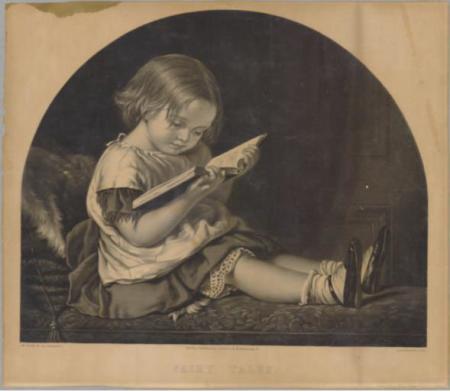
American Antiquarian Society
185 Salisbury Street
Worcester, MA 01609
United States
Led by Patricia Crain
What does it mean to be a child reader in pre-1900 America? This seminar, hosted by the Program in the History of the Book in American Culture at the American Antiquarian Society, will guide inquiries into the question: What does it mean to be a child reader in pre-1900 America?
The holdings of the AAS in artifacts of childhood number over 26,000 objects, and thus provide a unique laboratory for thinking about the changing ideas of childhood and the child reader from the seventeenth through the nineteenth century.
Seminar participants will explore the collection’s rich archive of print and visual artifacts created for and by children, with hands-on workshops informed by historical and theoretical readings in the history of childhood, the history of reading and print, as well as ideologies of literacy, literature, and print culture inflected by race, class, and gender. Materials include not only those produced by printers, publishers, and pedagogues—such as children’s literature, toy books, games, primers, and school texts—but also those created by children themselves, for example amateur newspapers, diaries, letters, composition books, copybooks, scrapbooks, and autograph books.
Looking at artifacts of childhood reading materials and reading activities offers fresh lenses for both beginning and senior scholars across multiple disciplines. The seminar will be of interest to students, scholars, and practitioners working in historical periods from early modern to the long 19th century, in a variety of disciplines from literature, social and cultural history, anthropology, visual studies, material culture studies, childhood studies, literacy studies.
The seminar will be of interest to graduate students, librarians, and college and university faculty interested in the fields of book history and print culture, literary history, childhood studies, education, and other associated fields.